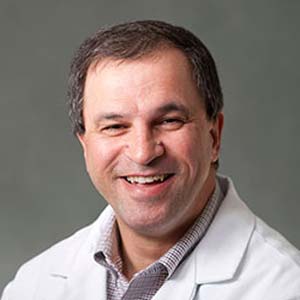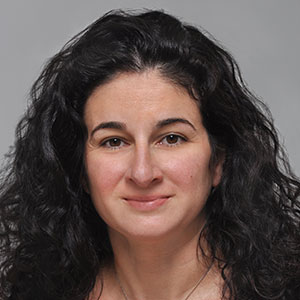Session Abstract – PMWC 2017 Silicon Valley
Session Synopsis: As an enabling technology, next generation sequencing has made possible significant advances in precision medicine and genomic diagnostics. This session will focus on efforts to ensure that NGS test results achieve the highest accuracy possible. High quality genomic controls and reference materials and the technologies used to develop them will be discussed. Both industry and academic researcher perspectives will be represented.
Session Chair Profile
Ph.D., CSO, SeraCare Life Sciences
Biography
Dr. Garlick is the Chief Scientific Officer at SeraCare Life Sciences. He is an experienced executive scientific and R&D Leader from the Life Science industry with over 30 years. At SeraCare he has led scientific effort into designing and developing precision medicine products through scientific collaborations and technology transfer with clinical research opinion leaders in the areas of oncology, fetal maternal medicine, inherited diseases, infectious diseases and for new QC approaches applied to NextGen Sequencing assays. He is an active member within American Association for Clinical Chemistry, American Association for Cancer Research, American College Medical Genetics and Association for Molecular Pathology.
Talk
Genomic Diagnostics Controls and Reference Materials
The rapid uptake of DNA-sequencing technology continues to drive growth in the genomic diagnostics. High-quality, expert-designed controls and reference materials are fundamental to realizing the full potential of genomic diagnostics. This presentation will discuss the technologies used to develop these genomic controls and reference materials applied to liquid biopsies, solid tumors, germline and non-invasive prenatal screening diagnostics.
Speaker Profile
Ph.D., Professor of Pathology Director, Clinical Genomics and Advanced Technology, Department of Pathology, Geisel School of Medicine, Dartmouth College
Biography
Dr. Tsongalis is a leading investigator in molecular oncology and clinical genomics and is a past former President of the Association of Molecular Pathology. Dr. Tsongalis’s research includes developing novel technologies and approaches for biomarker discovery and molecular pathology using NGS and other advanced technologies. Dr. Tsongalis’ clinical lab focuses on DNA and RNA testing for oncology, pharmacogenomics and genetic disease testing.
Talk
QC: Where the Rubber Meets the Road
While next generation sequencing is an appealing technology that can generate vast amounts of information using clinical samples, the quality control and assurance of accurate results is of utmost importance. How can we improve implementation of NGS into a clinical lab setting, from assay development through clinical testing?
Speaker Profile
M.D., Ph.D., Associate Professor, University of Colorado School of Medicine; Director, Colorado Molecular Correlates Laboratory
Biography
Dr. Aisner is the Director of the Colorado Molecular Correlates Laboratory at the University of Colorado and a pulmonary pathologist. Her laboratory focuses on oncology-based testing for personalized medicine. Dr. Aisner completed her MD/PHD combined degree program at the University of Texas Southwestern Medical School and Graduate School of Biomedical Sciences. She pursued training in Anatomic Pathology at the National Institutes of Health, and went on to two fellowships in Surgical Pathology and Molecular Genetic Pathology at the University of Pennsylvania. She has been at the University of Colorado since 2010. She is on numerous committees related to Molecular Pathology, including the Economic Affairs Committee of the Association for Molecular Pathology.
Talk
Confronting and Mitigating Pre-Analytic Variability
Next generation sequencing testing in oncology is subject to myriad pre-analytical variables which can impact quality and quantity of nucleic acids. We will focus on some of the most common variables impacting nucleic acid quality, and considerations for how to best mitigate them.






